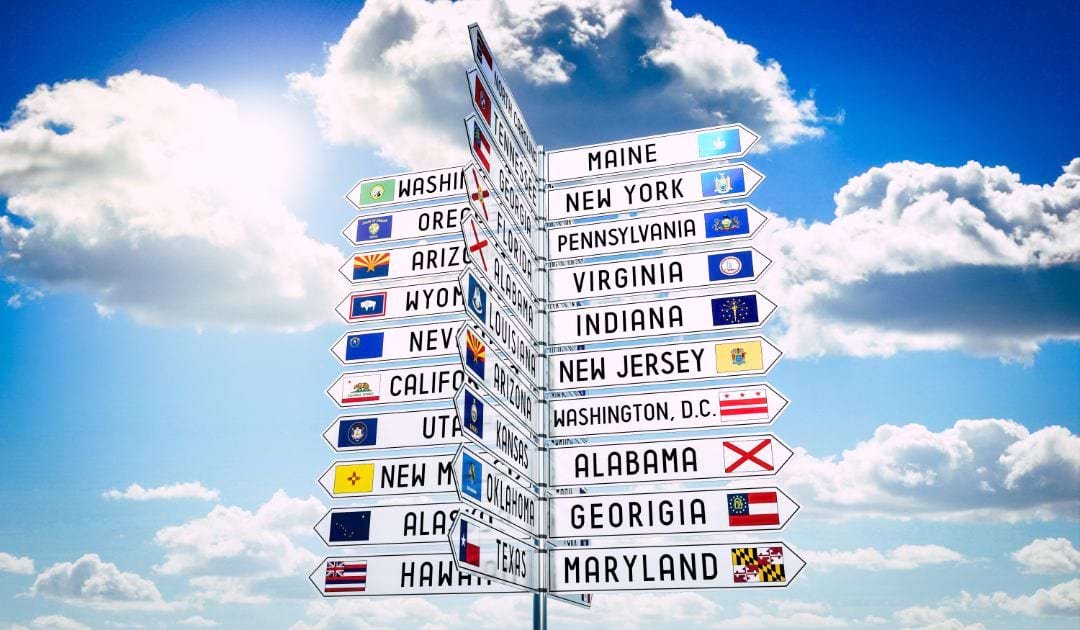Britons Now Face New Rules When Sailing to EU Countries
Up to 33 thousand British citizens will or have already started to face new rules when sailing in European Union waters, the UK’s Royal Yachting Association (RYA) has estimated.
According to RYA, which is the national body for dinghy, yacht, and motor cruising, all forms of sail racing, RIBs and sports boats, windsurfing, and personal watercraft, British citizens are now affected by Brexit in several forms when it comes to sailing in European waters, including VAT issues and border controls.
A piece of knowledge advice recently issued by the RYA points out that with Brexit, the UK no longer has access to the main EU freedoms – the free movement of people, capital, goods, and services.
“As a third country, we no longer have the right to these EU freedoms. As far as the EU is concerned, we are now just another country that makes up the rest of the world, and we can expect to be treated as such,” the knowledge advice explains, before listing the most important things that have changed for the UK citizens who go boating in Europe.
Different Formalities for Travelling to EU by Boat
First of all, traveling to any of the European Union Member States, either by boat or other means of transport, is now quite different from what it was like up until the end of 2020.
Brits are now treated as third-country citizens, which means they no longer enjoy the same benefits as EU nationals, as going through faster passport gates at EU’s points of entry. They can also no longer enter the EU with only their IDs, but passports that meet the EU’s criteria are mandatory.
In addition to the general rules that now apply to every Briton, those who go boating in Europe will also need to complete extra procedures when returning to the UK, including reporting their arrival in and when departing from the UK when traveling aboard a recreational craft.
“UK Border Force (a directorate of the Home Office) carries out immigration and customs controls on passengers and goods entering the UK on scheduled flights and vessels arriving at major airports and ports,” the RYA notes, further explaining that the same is also responsible for immigration and customs controls at any port that deals with maritime traffic.
According to RYA cruising manager, Stuart Carruthers sailors now need to be very careful with the period of days they remain in the EU visa-free, as the EU permits visa-free third-country citizens to stay for a maximum of 90 days in any 180 days without a national visa.
For longer stays, a national visa should be obtained at the embassy of the concerning EU country.
“You need to sign in and out when you visit a Schengen territory. If you don’t sign out, the clock will keep running, so when you pitch up next into a Schengen country, a port or an airport, there is a chance they won’t let you in,” he said.
“Living in a Boat in EU Waters No Longer Possible”
He also noted that the dream of many to start living in the boat somewhere in the Mediterranean is no longer possible, adding that this is just one post-Brexit reality
“As an example, the whole idea of taking a sabbatical in the Mediterranean, living on your boat, which you’ve bought with your pension, has just disappeared out of the window now that we are subject to Schengen Area visitor visa rules,” he said.
Regarding the latter issue, only recently SchengenVisaInfo.com has reported that British retiree Gordon Knight, aged 73, has initiated a petition urging the UK’s government to try to negotiate with France so that British citizens can stay for six months visa-free in France’s territory.


















